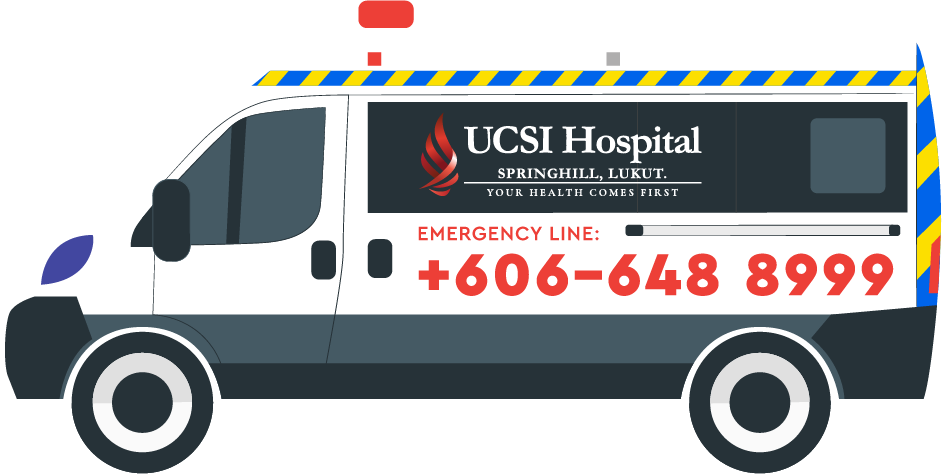
What is an eating disorder?
An eating disorder is a serious mental health condition that involves an unhealthy obsession with eating, exercise or body shape.
If you have an eating disorder, you may have any of the following:
- Concern about your appearance, food and gaining weight.
· Extreme dissatisfaction with your body — you would like to lose weight even though friends or family think that you are underweight.
- A fear of gaining weight.
- You let people around you think you have eaten when you haven't.
- You are secretive about your eating habits because you know they are unhealthy.
- Eating makes you feel anxious, upset or guilty.
- You feel you are not in control around food.
- You keep checking your body — for example, weighing yourself or pinching your waist.
- Making yourself vomit or using laxatives in order to lose weight.
Common Symptoms of an Eating Disorder
Emotional and Behavioural Signs and Symptoms:
· Preoccupation with weight loss, food, calories, and dieting
· Refuses to eat certain foods, and often eliminates whole food groups (carbohydrates, fats, etc.)
· Makes excuses to avoid mealtimes or situations involving food
· Develops food rituals (e.g., eating foods in certain orders, excessive chewing, rearranging food on a plate)
· Withdraws from friends and previously pleasurable activities and becomes more isolated and
secretive
· Extreme concern with body size and shape
· Frequent checking in the mirror for perceived flaws in appearance
· Extreme mood swings
Physical Signs and Symptoms:
· Noticeable fluctuations in weight, both up and down
· Stomach cramps, other non-specific gastrointestinal complaints (constipation, acid reflux, etc.)
· Menstrual irregularities — primary or secondary amenorrhea (not starting the menstrual cycle or the loss of the menstrual cycle) or only experiencing a period when taking hormonal supplements.
· Difficulties concentrating
· Abnormal laboratory findings (anaemia, low thyroid and hormone levels, low potassium, low white and red blood cell counts) though some people with eating disorders do not have any laboratory abnormalities
· Dizziness, especially upon standing
· Fainting/syncope
· Feeling cold all the time
· Sleep problems
· Cuts and calluses across the top of finger joints (a result of inducing vomiting)
· Dental problems
· Dry skin and hair, and brittle nails
· Fine hair on body (lanugo)
· Muscle weakness
· Yellow skin (in context of eating large amounts of carrots)
· Cold, mottled hands and feet or swelling of feet
· Poor wound healing
· Impaired immune functioning
Getting help
If you or someone you know is engaging in disordered eating or dieting behaviour, consider seeking help. Disordered eating and dieting are key risk factors for the development of an eating disorder and seeking help early is the best preventative measure.




UCSI Hospital Enquiry
We will revert to you asap
UCSI Hospital Enquiry
Hey there 👋
I'm here to help, so let me know what's up and I'll be happy to find a solution 🤓

